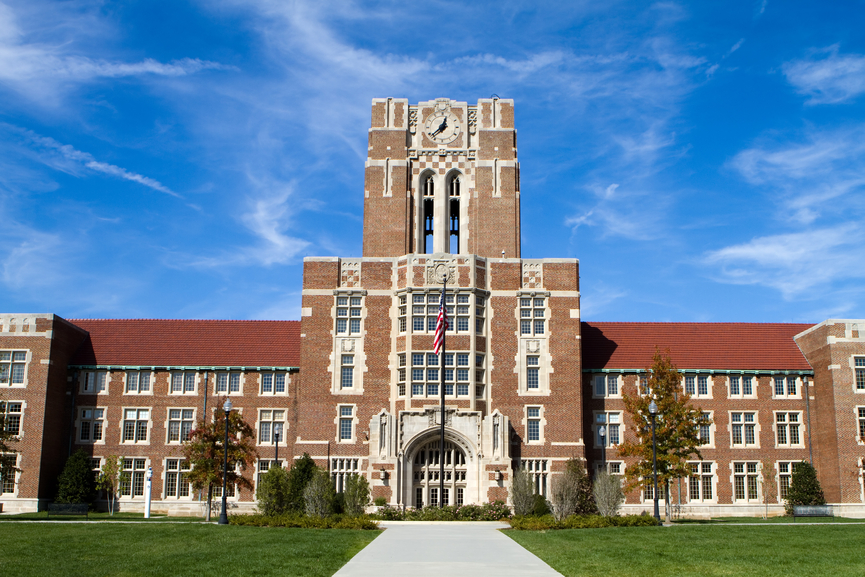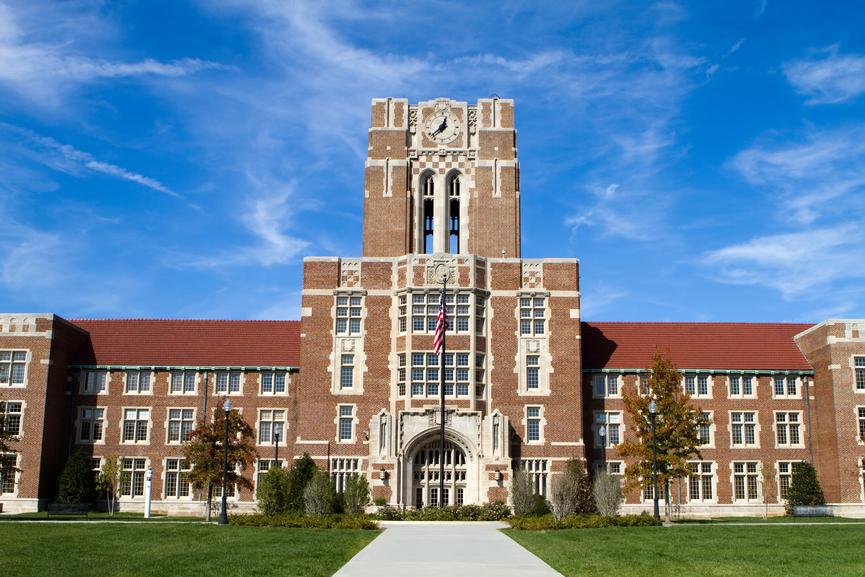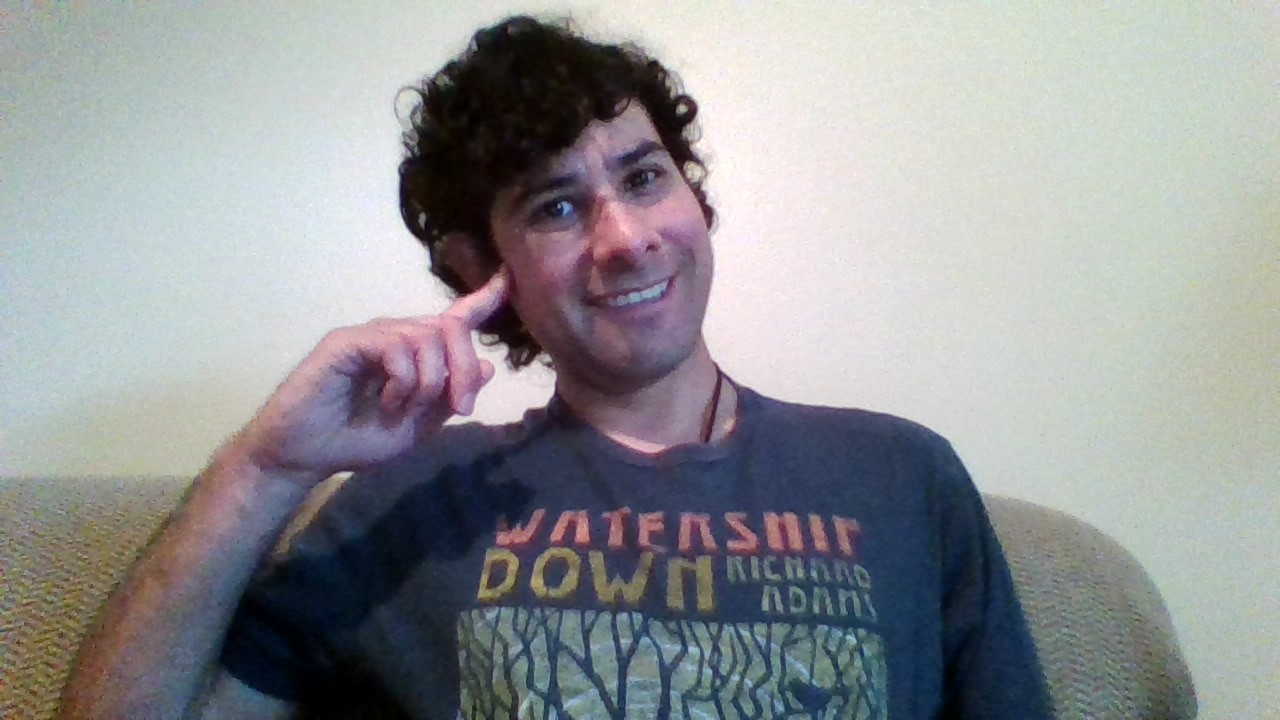For College Students with Aspergers: The Importance of Follow-Up With Your Professors
One of the most challenging aspects of supporting college students diagnosed with Asperger’s Disorder is the need for follow-up with professors, college staff, and others. Follow-up is important to ensure deadlines are met and that assignments are turned in according to each syllabus. The fast pace of college, combined with the severe anxiety and executive dysfunction common to the spectrum, create the perfect conditions for students with ASD to forget deadlines or avoid high pressure academic or social situations on campus.

I’ve known dozens of students with ASD who promised: “I will work on my speech for Communications class this evening after dinner.” And they mean it sincerely when they say it. Stress and commitments mount as the day moves forward, however, and by dinner time students who made the promise may feel overwhelmed and overstimulated and avoid the assignment. Some may become focused so intensely on another subject or topic that they forget about working on their speech.
It’s easy to presume that students who miss deadlines or forget to turn in assignments are simply immature, disinterested, or unfocused.
Many educators say “If he would just try harder he’d be just fine.” Some students who fit this profile are labeled “not college material,” as a result, and find their on-campus reputations compromised. Part of the frustration that education and support personnel experience in this scenario comes from their lack of understanding about the autism spectrum. They recognize the sincerity of the student when he said: “I’ll work on my speech after dinner.” They believe the student really meant his promise, and expect that he will follow through.Continue Reading
Marc Ellison, Ed.D. is a Licensed Professional Counselor (LPC) and an approved Licensed Professional supervisor (ALPS) who has worked nearly 30 years to provide person-centered support, services and advocacy to individuals who live with autism spectrum disorders, their families and those who support them. He has supported individuals with ASD throughout their lifespan, as they moved to the community from state-supported institutions, searched for and obtained employment, entered into relationships, and transitioned into college. Dr. Ellison is the Executive Director of the West Virginia Autism Training Center, and a part-time professor at Marshall University.








